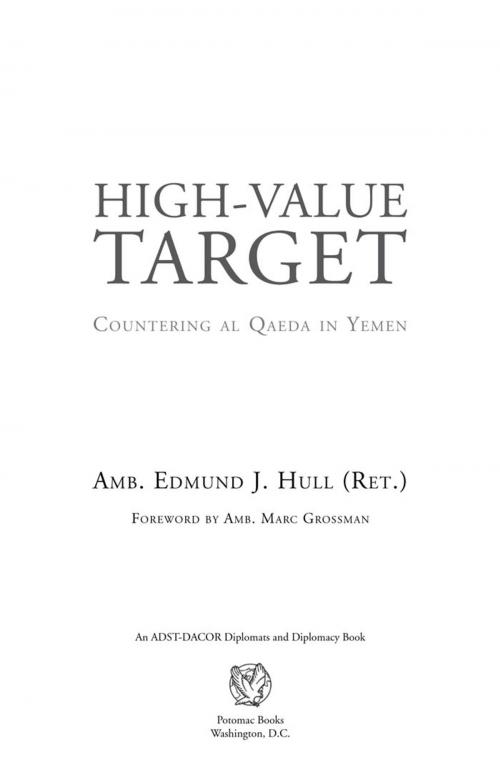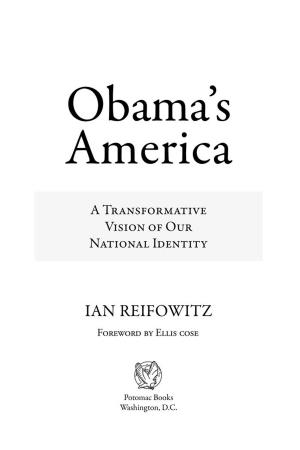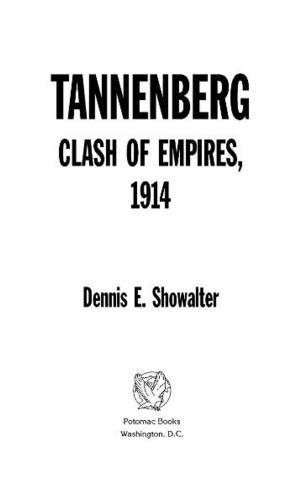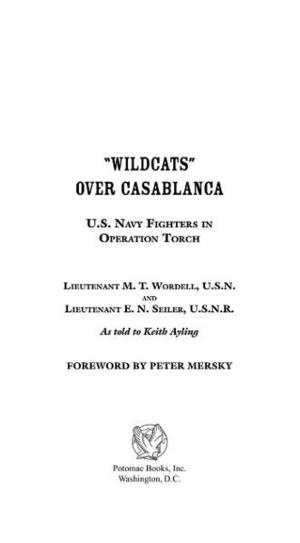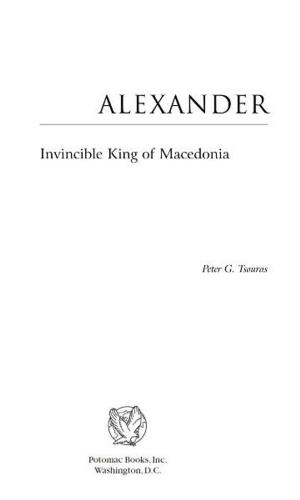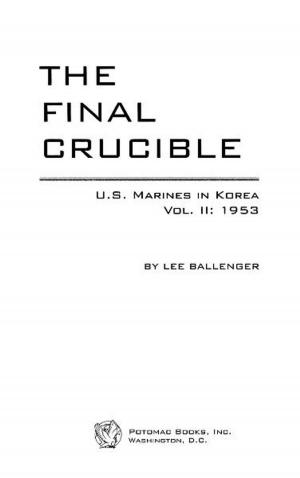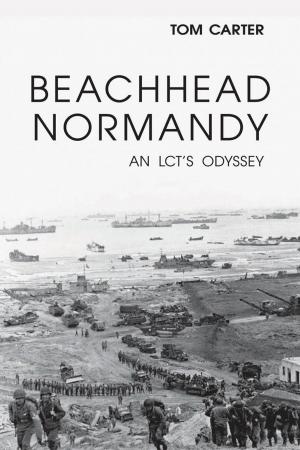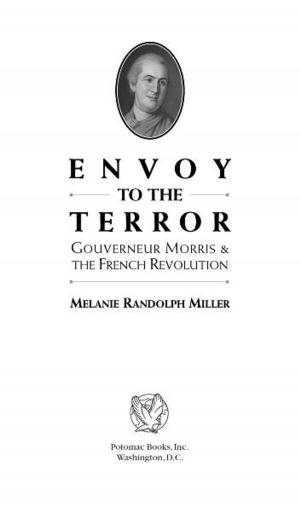High-Value Target: Countering al Qaeda in Yemen
Nonfiction, History, Middle East, Social & Cultural Studies, Political Science, International, International Relations| Author: | Amb. Edmund J. Hull (Ret.) | ISBN: | 9781597977548 |
| Publisher: | Potomac Books Inc. | Publication: | April 1, 2011 |
| Imprint: | Language: | English |
| Author: | Amb. Edmund J. Hull (Ret.) |
| ISBN: | 9781597977548 |
| Publisher: | Potomac Books Inc. |
| Publication: | April 1, 2011 |
| Imprint: | |
| Language: | English |
Since its inception, al Qaeda has aspired to create a safe haven in Yemen,where it has operated against U.S. and Yemeni interests. From 2001 to 2004, when Edmund J. Hull was the American ambassador to Yemen, U.S. and Yemeni counterterrorism efforts successfully seized the initiative against al Qaeda, severely degrading its capabilities. During this period, al Qaeda mounted no successful operations against U.S. interests in Yemen and suffered the loss of its top leadership and cadres.
High-Value Target tells the inside story of how al Qaeda's Yemeni safe haven was disrupted during Hull's tenure. A top counterterrorism official in both the Clinton and Bush administrations, Hull provides a detailed account of a team effort to build a strategic basis for U.S.-Yemeni counterterrorism and to execute a broad strategy aimed at improving not only the security of Yemen but also its economic development.That strategy included launching successful strikes against al Qaeda's leadership; engaging in sustained, personal involvement in Yemen's remote tribal areas; and fostering Yemen's nascent democracy and civil society. Plagued by profound distrust, scarce resources, and constant threats, the U.S. diplomatic team encountered numerous obstacles but ultimately positioned Yemen on a path toward enhanced security and modest political progress.
High-Value Target tells the inside story of how al Qaeda's Yemeni safe haven was disrupted during Hull's tenure. A top counterterrorism official in both the Clinton and Bush administrations, Hull provides a detailed account of a team effort to build a strategic basis for U.S.-Yemeni counterterrorism and to execute a broad strategy aimed at improving not only the security of Yemen but also its economic development.That strategy included launching successful strikes against al Qaeda's leadership; engaging in sustained, personal involvement in Yemen's remote tribal areas; and fostering Yemen's nascent democracy and civil society. Plagued by profound distrust, scarce resources, and constant threats, the U.S. diplomatic team encountered numerous obstacles but ultimately positioned Yemen on a path toward enhanced security and modest political progress.
Since its inception, al Qaeda has aspired to create a safe haven in Yemen,where it has operated against U.S. and Yemeni interests. From 2001 to 2004, when Edmund J. Hull was the American ambassador to Yemen, U.S. and Yemeni counterterrorism efforts successfully seized the initiative against al Qaeda, severely degrading its capabilities. During this period, al Qaeda mounted no successful operations against U.S. interests in Yemen and suffered the loss of its top leadership and cadres.
High-Value Target tells the inside story of how al Qaeda's Yemeni safe haven was disrupted during Hull's tenure. A top counterterrorism official in both the Clinton and Bush administrations, Hull provides a detailed account of a team effort to build a strategic basis for U.S.-Yemeni counterterrorism and to execute a broad strategy aimed at improving not only the security of Yemen but also its economic development.That strategy included launching successful strikes against al Qaeda's leadership; engaging in sustained, personal involvement in Yemen's remote tribal areas; and fostering Yemen's nascent democracy and civil society. Plagued by profound distrust, scarce resources, and constant threats, the U.S. diplomatic team encountered numerous obstacles but ultimately positioned Yemen on a path toward enhanced security and modest political progress.
High-Value Target tells the inside story of how al Qaeda's Yemeni safe haven was disrupted during Hull's tenure. A top counterterrorism official in both the Clinton and Bush administrations, Hull provides a detailed account of a team effort to build a strategic basis for U.S.-Yemeni counterterrorism and to execute a broad strategy aimed at improving not only the security of Yemen but also its economic development.That strategy included launching successful strikes against al Qaeda's leadership; engaging in sustained, personal involvement in Yemen's remote tribal areas; and fostering Yemen's nascent democracy and civil society. Plagued by profound distrust, scarce resources, and constant threats, the U.S. diplomatic team encountered numerous obstacles but ultimately positioned Yemen on a path toward enhanced security and modest political progress.
